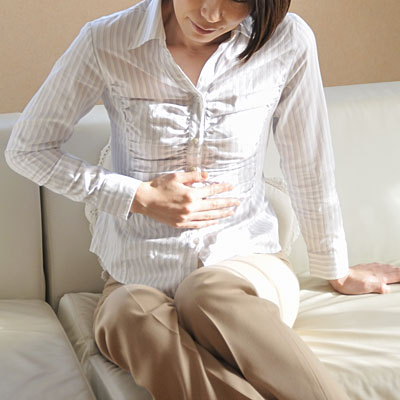
Stomach pain?
By Amanda GardnerNearly everyone has had a stomachache at some point. But really, any organ in your abdomen (there are many) could be to blame.
Tummy trouble can be short-lived, come and go, or show up only after you eat—all clues to the cause. Doctors can also run a number of tests to narrow it down, says Vivek Kaul, MD, acting chief of the division of gastroenterology and hepatology at the University of Rochester Medical Center in Rochester, N.Y.
Read more to find out about possible culprits.
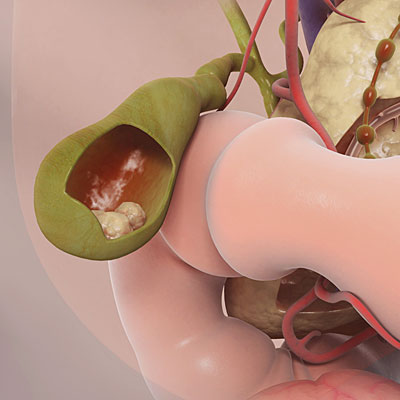
Gallstones
Gallstones are stones that form in the gallbladder, a tiny sac that hangs out under the liver, disgorging bile as needed to digest fats.These stones cause swelling and can block the duct into the intestine, resulting in pain. Gallstone pain tends to strike the right side of the upper abdomen, particularly after fatty meals.
Such meals trigger the gallbladder to contract. “If the gallbladder is inflamed, any contraction of that nature will be amplified and typically will cause pain to the patient,” says Dr. Kaul.

Pancreatitis
Inflammation of the pancreas can cause burning pain in the upper or middle abdomen. Some people even have shooting pain that drives right through to their back, says Dr. Kaul.You may lean forward or lie on your back to try to relieve the pain, which may subside into a dull ache, nausea, and vomiting, says Osama Alaradi, MD, a gastroenterologist at Henry Ford Hospital in Detroit.
Too much alcohol can be a culprit, says Dr. Kaul, as are gallstones (the gallbladder and pancreas deliver their digestive juices into the intestine via the same duct). It often requires hospitalization.
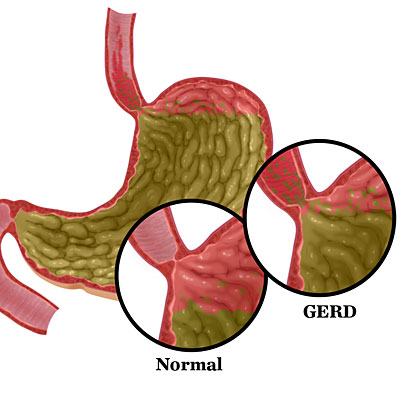
GERD
Gastroesophageal reflux disease, or GERD, can cause pain in the upper stomach and lower chest, aka heartburn.The cause? A valve that separates the stomach from the esophagus is weak, allowing food and acid from the stomach to splash upwards. Ouch!
Eating too much food or the wrong type of food (fatty, for instance) can make it worse. Losing weight, watching what you eat, and medication like antacids, H2 blockers, and proton pump inhibitors, can also help.
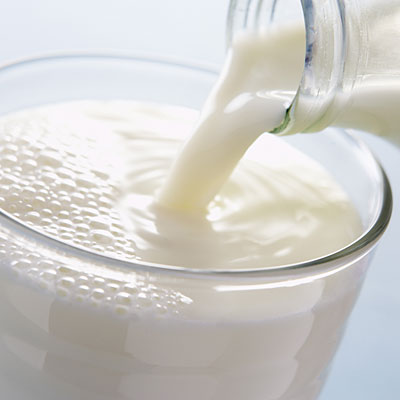
Lactose intolerance
Millions of people around the world have lactose intolerance. In fact, in some areas of the world, the lactose intolerant outnumber those who can digest lactose, a sugar found in milk and milk products.This type of food intolerance causes milder abdominal pain, bloating, diarrhea, burping, gas, and indigestion.
The solution? Skip the dairy products, like milk and cheese.
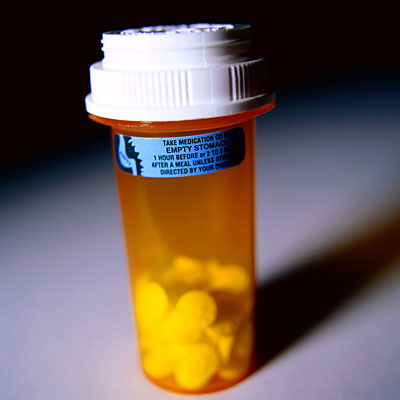
Medication side effects
No drug is without side effects and sometimes that includes abdominal pain.Oral bisphosphonates, a popular class of drugs that helps preserve bone density and prevent osteoporosis, can cause swelling—and therefore pain—in the lower esophagus, says Dr. Kaul.
Pain medications known as NSAIDs (nonsteroidal anti-inflammatory drugs) such as ibuprofen and aspirin can also cause swelling in the stomach lining and may even lead to ulcers.
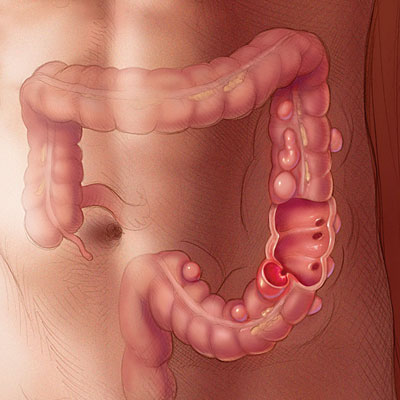
Diverticulitis
Diverticulitis is an inflammation of “diverticula” or pockets that form in the lining of the intestine, usually the colon.“These look like punched-out holes in the lining of the colon that tend to get inflamed or obstructed with stool or other foreign material,” says Dr. Kaul.
Symptoms can include cramping in the lower abdomen, which may respond to antibiotics. A high-fiber diet can help. In more severe cases, it can cause abscesses, bleeding, and even perforations, resulting in severe pain, or even the need for surgery or a hospitalization.
http://www.health.com
 8:19 AM
8:19 AM
 About the World
About the World


0 comments:
Post a Comment